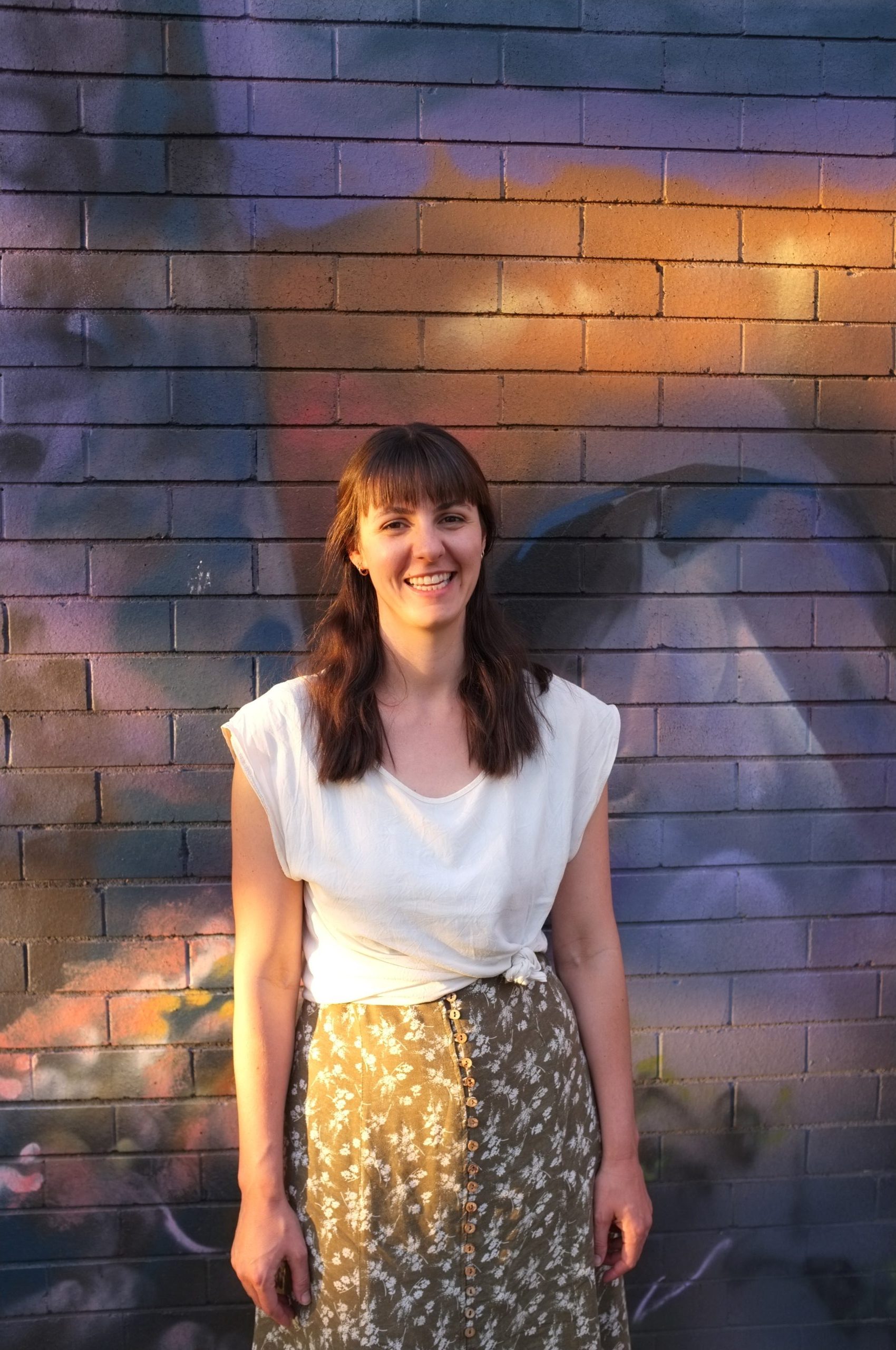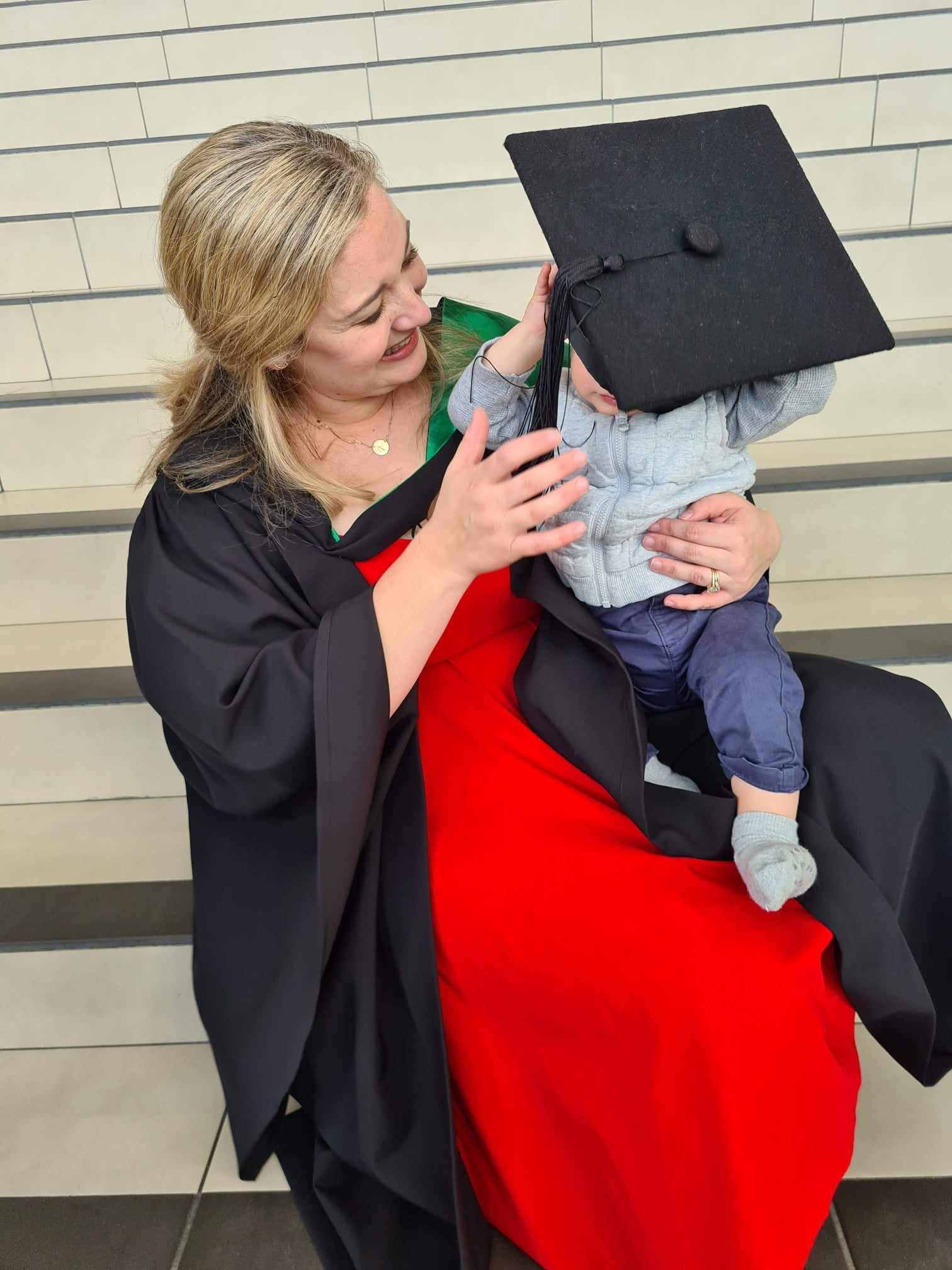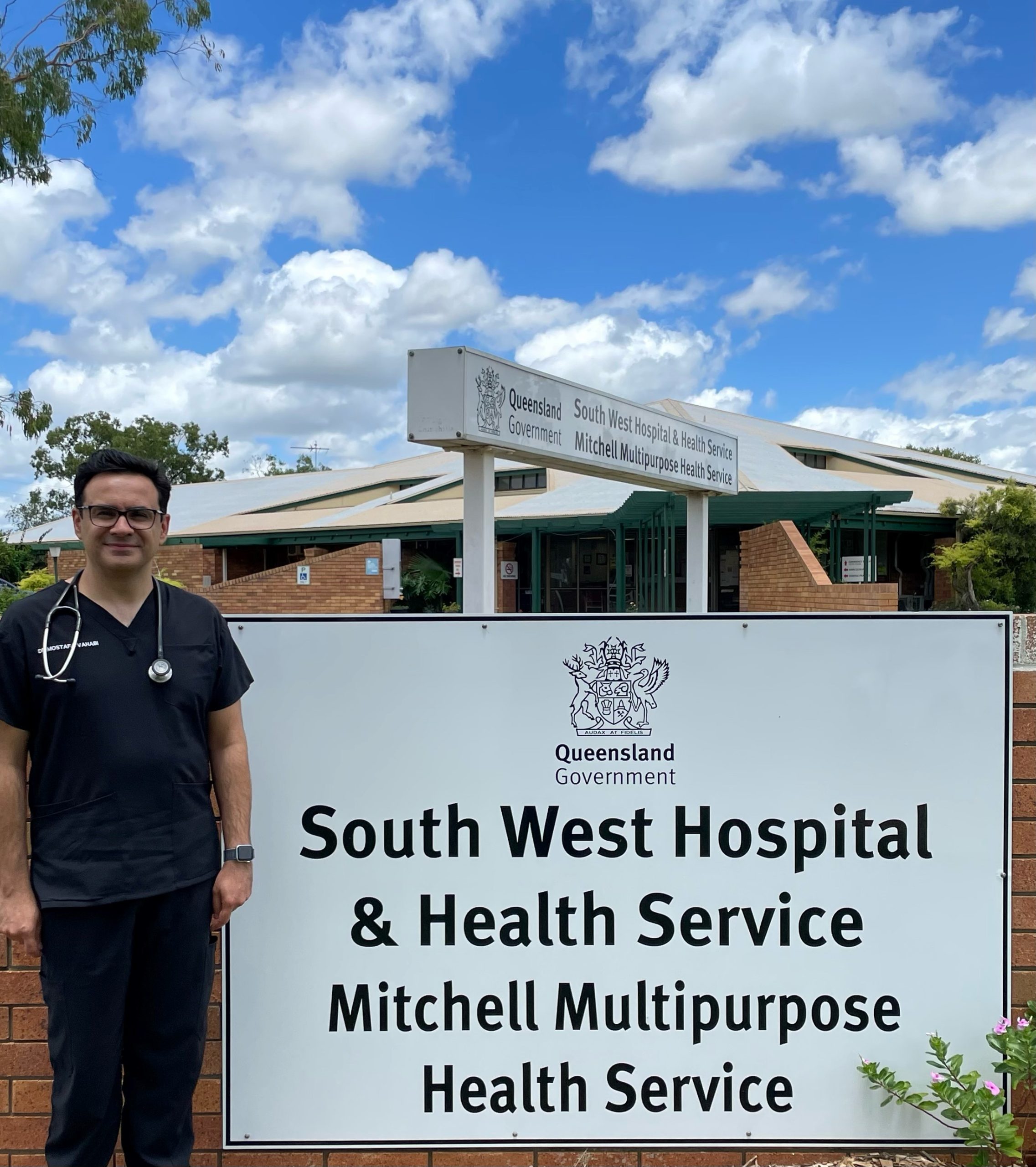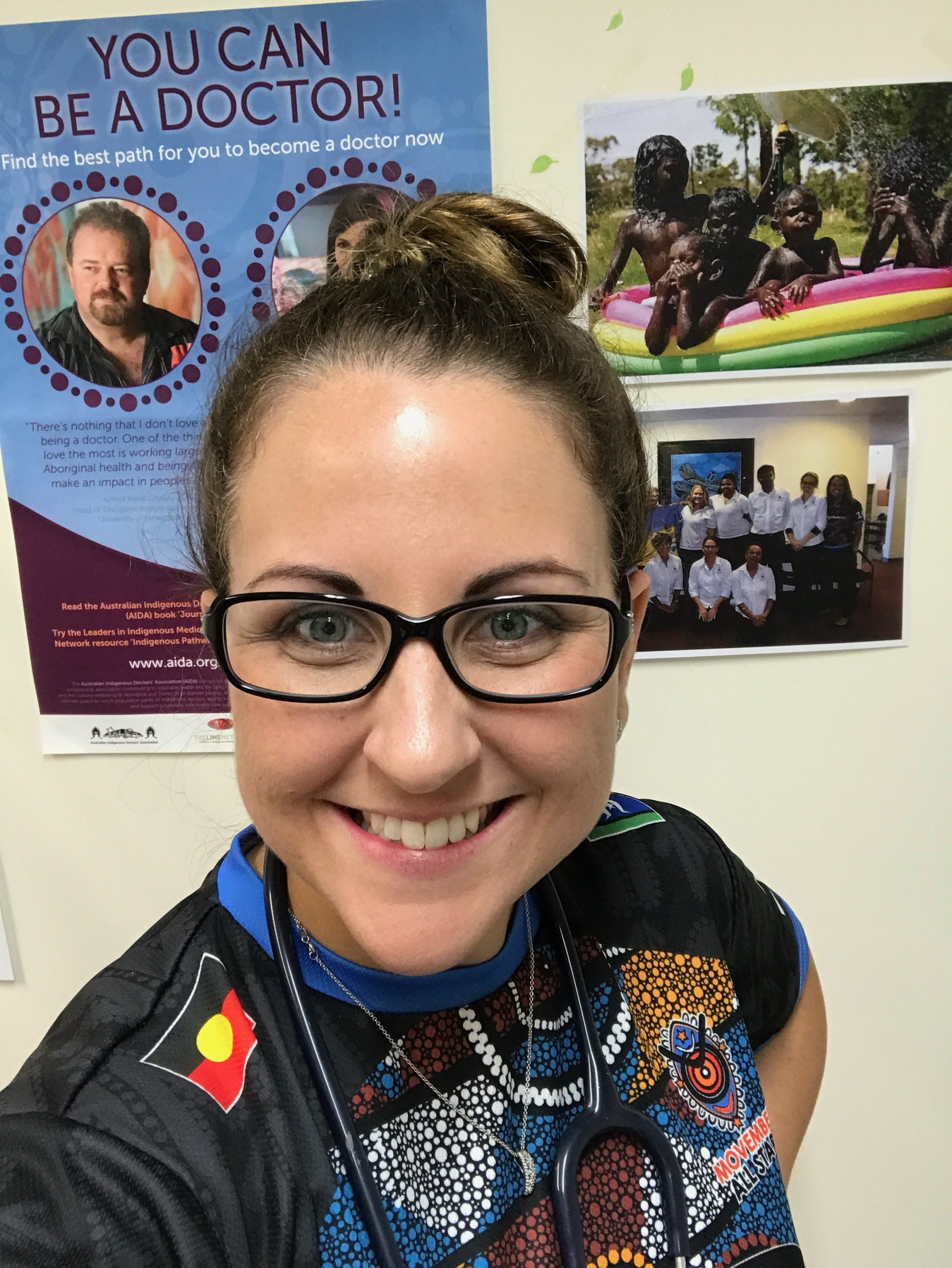We recently caught up with Dr Chantel van Werkum, who shared her insights about life as a Rural Generalist with an advanced skill in mental health.
Chantel is a QRGP Fellow who has curated a varied career as a Rural Generalist in the Darling Downs, where she has called home since 2015. Chantel undertook her Advanced Skills Training (AST) in mental health at Toowoomba Hospital in 2019 and hasn’t looked back.
Why did you choose mental health advanced skills training?
“Mental wellbeing is the foundation of our overall health. My initial interest in mental health began as a student, seeing the profound impact a GP can have spending time with their patients. Improving mental health and wellbeing has a flow on effect on preventative health, managing chronic disease, parenting and child development. As a student I also had an opportunity to attend a mental health conference where there were numerous presentations on the role of Cognitive Behavioural Therapy (CBT) in various chronic diseases”.
What was your training year like?
“My AST took place over 18 months, during which time I concurrently completed a Diploma of Psychiatric Medicine and was returning from parental leave after the arrival of my first daughter. Then COVID came. It was a challenging time learning to balance work and study with new parenthood, however, my husband was able to become a stay-at-home father and I was extremely fortunate to have some incredible supervisors and peers from whom I continue to seek supervision and mentorship.
The learning was broad, from the specifics in diagnostic and management pathways for a range of mental health presentations, through to the role of psychotherapeutic leadership and professional development. My placements included inpatient care with multi-disciplinary team management, outpatient care including home visits in my rural district, long-term residential inpatient management for patients on inpatient treatment authorities and forensic orders, and alcohol and other drug outpatient care. I experienced firsthand the breadth of mental health presentations and bore witness to the lived experience of patients and their families.
Whilst I had a strong interest in psychiatry, my experience solidified my desire to return to Rural Generalist practice and incorporate what I had learnt into general practice to continue a broader community intervention”.
How do you utilise your mental health advanced skill?
“Prior to my commencement in Stanthorpe, a mentor of mine developed an AST mental health clinic. Following the model of stepped care, the clinic sits between general practitioners and the public acute mental health services, to provide diagnostic clarification and formulate management plans. A colleague and I run this clinic fortnightly. I consult for a mix of perinatal presentations, alcohol and other drug presentations including prescribing under the Queensland Opioid Treatment Program, complex depression and anxiety, chronic pain and neurodevelopmental and neurocognitive disorders. Whilst the majority of referrals come from local GPs, I also see referrals from emergency and inpatient presentations, the antenatal service, and our Early Intervention Parenting Service Social Worker.
Within my work covering the emergency department, inpatient wards, or community health team, I provide consults to optimise mental health presentations, provide assistance in capacity assessments and support pathways to decision making. In my GP work, it is a versatile skill. I have a higher proportion of mental health presentations than my colleagues and provide advice and support for members of our multi-disciplinary team (including GP’s, Psychologists and Dietician). Outside direct mental health presentations, I am often formulating the patient presentations, using psychological skills within chronic disease management and supporting optimal healthcare through social interventions”.
Why do you love serving your community as a Rural Generalist with advanced skills in mental health?
“Medicine is an art and I find this is quite evident in our work in mental health. I tend to lean towards more psychosocial/lifestyle interventions, and I love seeing the human connection and improvements in quality of life that come from taking the time to hear our patients’ lived experiences and supporting recovery in a holistic way”.
Dr Chantel van Werkum







